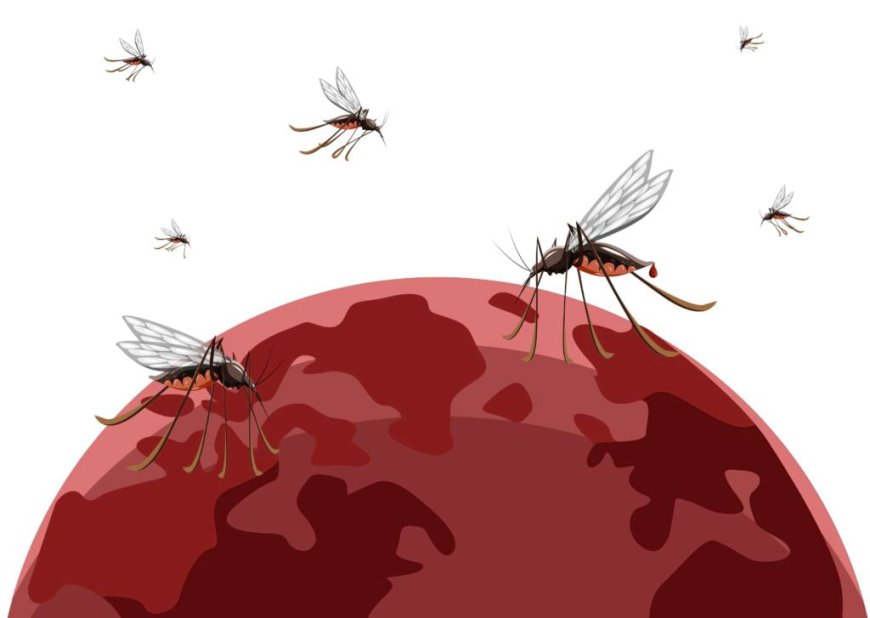Revolutionizing Malaria Control: Biotech Breakthroughs and Innovations
Unlock the latest strides in the fight against malaria as biotech companies spearhead groundbreaking solutions. From Oxford's game-changing vaccine to Sanaria's revolutionary Plasmodium culture, explore the cutting-edge advancements reshaping malaria prevention globally.

In a significant stride towards eradicating malaria, biotech companies are at the forefront of pioneering solutions.
Oxford's Game-Changing Malaria Vaccine
Ghana, grappling with nearly 5.9 million cases, made history by approving the University of Oxford's R21/Matrix-M vaccine in April. Co-developed with the Serum Institute of India, the vaccine surpassed the WHO's efficacy goal, marking a major breakthrough in malaria research.
Sanaria's Revolutionary Plasmodium Culture
Sanaria, a U.S.-based biotech, is ambitiously targeting malaria transmission through its Plasmodium falciparum sporozoite (PfSPZ) vaccines. Notably, their December 2022 research revealed a groundbreaking ability to culture Plasmodium in vitro, potentially revolutionizing vaccine production.
The Gates Foundation's MAM01 Antibody
The Bill & Melinda Gates Foundation enters the fray with MAM01, an engineered monoclonal antibody targeting the malaria circumsporozoite protein. This novel approach, still in preclinical development, shows promise in animal studies.
Manus Bio's Artemisinin Production Initiative
Manus Bio, backed by a $2 million grant from the Gates Foundation, focuses on artemisinin production using its BioAssemblyLine platform. This initiative aims to combat malaria by utilizing the antimalarial component derived from the wormwood plant.
Genetic Biocontrol and CRISPR Technology
In the broader fight against malaria, the GeneConvene Global Collaborative explores genetic biocontrol. This initiative, working on gene drive mosquitoes developed from CRISPR technology, aims for species-specific interventions, potentially transforming malaria prevention without harming ecosystems.
Challenges and Alternatives
However, skepticism surrounds genetic biocontrol, with concerns about its impact on mosquito populations as essential pollinators. Alternatively, modifying mosquito genes to prevent malaria transmission is being explored, offering an exciting prospect for health equity and cost-cutting benefits.
Conclusion: Towards a Malaria-Free Future
As interventions like genetic biocontrol and innovative vaccines show promise, the urgent need for rigorous research and development in the malaria field remains. While eradication is a formidable challenge, collaborative efforts echo the successful global smallpox vaccination program, providing hope for a malaria-free future.







